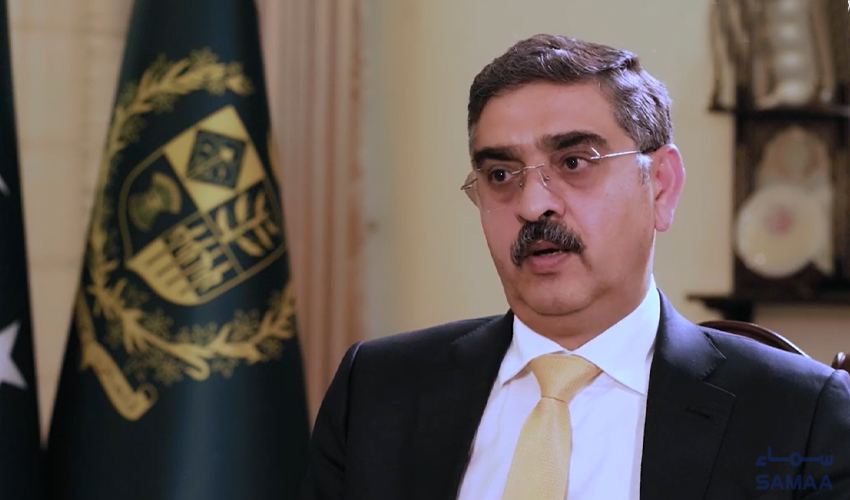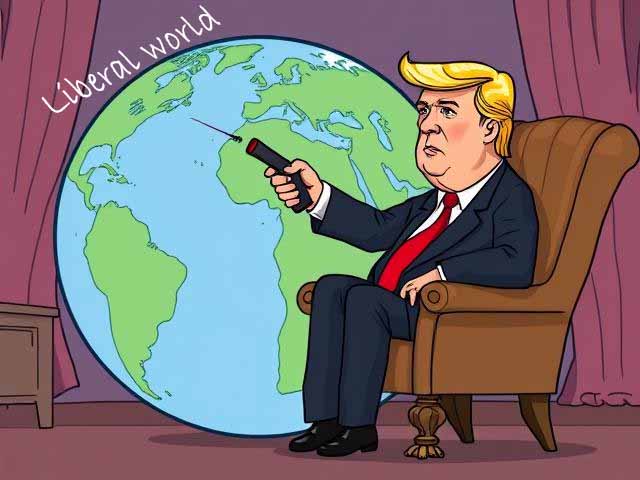Caretaker Prime Minister Anwaarul Haq Kakar emphasised the crucial need for adapting Pakistan to climate change, particularly in the context of the Indus Basin, due to its significance for the majority of the population.
Speaking at the 'Living Indus Initiative' event during the United Nations' 28th Conference of Parties (COP28), the prime minister highlighted that Pakistan ranks as the eighth most vulnerable country to climate change globally. He stressed that the country's climate challenge is fundamentally a water challenge, requiring immediate action.
During the event at the Pakistan Pavilion, the prime minister outlined the Living Indus Initiative as an umbrella project aimed at restoring the ecological health of the Indus within Pakistan's borders.
“This umbrella initiative emerges from extensive consultation with stakeholders, resulting in a set of 25 living interventions that emphasise nature-based solutions and ecosystem-based adaptation approaches.”
“And we are here to collaborate and give voice to our rivers. The Indus River needs a voice, and we are here to give that voice. The Indus feeds us and if we do not take care of it, it will not be there to take care of us,” he remarked.
This initiative, he said, suggested that “we need a minimum indicative investment between $11 to 17 billion over the next 15 years to mobilise from the public sector, private sector, citizens, and communities".
He expressed the government's clear priorities with Living Indus and mentioned the launch of 'Recharge Pakistan' as the first concrete step within this framework.
The Recharge Pakistan project, part of the Living Indus initiative, is expected to benefit millions of citizens and serve as a model for global climate innovation. More importantly, he said, the Living Indus initiative sought to mobilise a moment that prepared and restored a healthy Indus for today and tomorrow.
“This flagship project with an international climate finance of nearly $78 million is central to our efforts in reducing future flooding and drought impacts,” he added.
Prime Minister Kakar called on various stakeholders, including scholars, architects, poets, and literary figures, to contribute to global efforts in addressing climate change by voicing their perspectives in articles, sermons, addresses, and poetry.
Later, while engaging with students from Pakistan's orphan school, KORT Education, who won the prestigious Zayed Sustainability Prize at COP28, the prime minister commended their outstanding achievements. He emphasised the talent of the new generation, expressing confidence that they would shape the future of the country and urging the need for proper attention to their development.



























